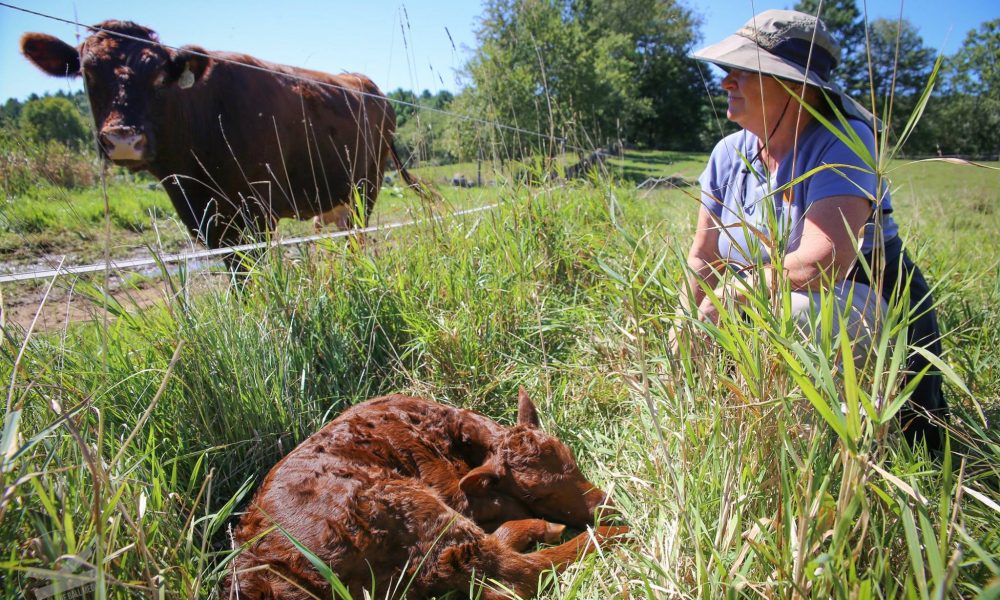

Photo Credit: Kill the Ball Media
Today we’d like to introduce you to Joan Walker.
So, before we jump into specific questions about the business, why don’t you give us some details about you and your story.
I had been in healthcare all my adult life and got laid off AGAIN. During that last hiatus I became interested in local food and joined a book group (since I now had time to join one) that was looking at the food system with an emphasis on local food and food quality. The book our group was to read was “The Omnivore’s Dilemma” by Michael Pollan. He followed 4 types of meals from source to table: McDonalds, hunt & obtain (wild boar, wild mushrooms, etc.), local & natural (aka Joel Salatin – this book made Joel Salatin famous) and a grocery store meal. I was expecting to be horrified by the McDonalds meal but McDonalds can’t afford to have you sick or have animal welfare problems and although they aren’t particularly nutritious (or tasty to me) they are safe and the animals are treated humanely (Temple Grandin designed their animal handling systems and she later told me in person that she insisted they have cameras at every animal handling station that transmitted to the MAIN office and someone in corporate was responsible TO HER for humane treatment). What concerned me was the supermarket food safety net – it had so many holes and so much misleading labeling that I asked my husband, since we lived on a farm, “what if I got a cow?” That was the start of my journey.
As I looked into this possibility I took 4 years to decide if I wanted to do this, if I could make money on it, how to care for cows – did I want to do beef? I looked into goat, poultry, pork, etc. – how to care for the land, etc., etc. I finally bought a small herd of Ruby Red Devon Cattle. VERY yummy and very calm and friendly. And started about getting to know them, growing and breeding them and finally producing some beef.
I had decided Animal Welfare was my prime directive and if the animals couldn’t be healthy AND HAPPY I would get out of the business. I fell in love with cows and to this day I visit them and scratch them and talk to them once and usually twice per day. I wanted immaculately clean meat – I found that most farmers I spoke to either had practices I didn’t want used on my food OR, worse, would TELL me they were doing what I wanted but in reality were not. I became concerned about minutiae – is there preservative on the hay? Are they stretching the truth about how they pasture the animals? Do they use human waste fertilizer (YUK!) …. etc., etc.
I have been asked to speak for the last few years on many subjects pertaining to my operation and land and animal handling. I added a meat store last year as I am finally at the stage where my meat supply is sufficient and reliable – hard to do when you are breeding and growing your own animals – I refuse to buy in animals to sell when they grow – I have no control over their genetics or their mothering or what they were given or ate when young.
I LOVE interacting with people that are interested in food that’s not only humanely raised but healthy, clean and YUMMY. I raise the animals different than most as I want them to be as tasty as possible.
The first time I spent more than a few minutes with cows was when mine came off the truck – and now I have around 60 at all times and usually sell out of meat every year due its health and taste profiles. I LOVE having cows and LOVE eating beef and this has been a great combination for me.
I am 64 years old and my daughter will take over the operation when her kids are bigger – she works with me part time now. Such a great way to pass on a legacy of farming and keep a family farm operating and raising another generation.
We’re always bombarded by how great it is to pursue your passion, etc – but we’ve spoken with enough people to know that it’s not always easy. Overall, would you say things have been easy for you?
It took me 4 years to plan out what I wanted to do, what my guidelines would be and how to pay for it. I thought I would have trouble being taken seriously as a woman in farming and at an older age, but I have not found that to be the case. Farming is an equal opportunity employer – if you are willing to work hard, have some mechanical ability and want to learn, almost all farmers welcome you to the fold.
My biggest struggle was financial – the drought of 2016 was devastating financially and it will take me a couple more years to recover. I usually SELL hay (we make our own so we have complete control over its quality – (animals eat hay in New England half the year – if it’s got chemicals, you are eating chemicals – if it’s not nutritious, the animals (and your beef – suffer) but in 2016 I had to take a loan out to BUY hay – I would have had to sell the cows and close if I had not done this. That was a sizable loan and it will take me quite a while to pay off.
I am lucky to have my daughter want to take over – only 27% of farmers have any succession plan at all. This is the death knell for many farms – how many people want to do all that dirty work anymore?
So let’s switch gears a bit and go into the Walker Farm at Whortleberry Hill story. Tell us more about the business.
We provide Certified 100 % grass-fed beef products as pure, healthy and TASTY to our customers, animals and the environment as possible. We cater to the consumer who wishes to provide themselves and nurture their family with high quality, untainted, locally grown, sustainably and humanely raised, nutritious, wholesome food and products. We have an overriding concern for the humane treatment of our animals while maintaining sound, ecologically responsible land and resource management. We participate in and contribute to the strength and pride of the local grass-fed beef & unadulterated food movement in Worcester County Massachusetts.
The cows are visible at most times from the road, are never confined and always allowed free range of the area they are in that day. They are allowed to be cows. This is the major reason we were granted the prestigious certification of Animal Welfare Approved with a perfect 100% score.
We decided to take over the haying operation to provide a reliable, non-GMO, not hybrid, non-chemically adulterated hay for our animals. It is baled and wrapped while fresh cut and all comes from fields we are in control of so it meets our exacting standards. The quality of the feed reflects directly in the quality of the meat.
I raise the beef much longer than most farmers – and it makes a BIG difference in the taste. Every farm and type of beef has its own “Terroir”. Flavor is carried by flavanoids in the muscle and fat – and those do not get laid down in any appreciable number until the beef is near 3 years old. Most farms only raise their beef to 18-24 months because of the cost – but this is MUCH too early to get the full flavor and richness that you expect from a fine cut of beef. If you’ve had disappointing beef before, this may be one of the reasons. Our meat has been served at the James Beard House in NYC – its’ really done me proud!
Almost every customer we have has come to the farm for a tour and to meet the animals. I want people investing in grass-fed beef to appreciate what goes into it and how to cook it. Most tell me my meat is the best they’ve ever had. I LOVE teaching people about their food and how to cook it – that and the animals are my favorite part of the business.
Has luck played a meaningful role in your life and business?
LUCK – what would we be without it (good or bad!)? I was lucky to join the book group – I was lucky to already live on a farm (hubby grew up here and we moved here when his parents passed) – I was lucky hubby didn’t think I was crazy. I was lucky to find the animals I did – I LOVE raising them and interacting with them.
I am lucky to have had mentors and other farmers to teach and help me in the beginning and many are friends to this day. I am lucky that people find me that want clean, yummy food and like to interact with me – I live in the boonies – it could easily have gone the other way. I am lucky to have a daughter to take over the operation when I am done. I am lucky to have gotten a few grants just when I needed them to make some improvement to the farm. I was NOT lucky at almost any time with the weather – it really is, for the most part, NOT a farmer’s friend. NOTHING can ruin something for you – animal health, resources, farm equipment or structures, etc. – faster than the weather. It’s hard to hay in rain, it’s hard to grow grass without it. I changed my calving schedule to the end of the summer as the spring changes in weather was making so many sick. My luck is usually good (good planning helps) but the weather has been a constant thorn in my side for one reason or another.
Contact Info:
- Address: 1290 W Brookfield Rd
New Braintree, MA 01531 - Website: walkergrassfed.com
- Phone: 508-317-2790
- Email: joanie@walkergrassfed.com
- Instagram: https://www.instagram.com/joanie.walker
- Facebook: https://www.facebook.com/pages/Walker-Farm-At-Whortleberry-Hill/138728946199560
- Twitter: https://twitter.com/walker_farm
- Yelp: https://www.yelp.com/biz/walker-farm-at-whortleberry-hill-new-braintree
- Other: https://www.pinterest.com/wfatwh
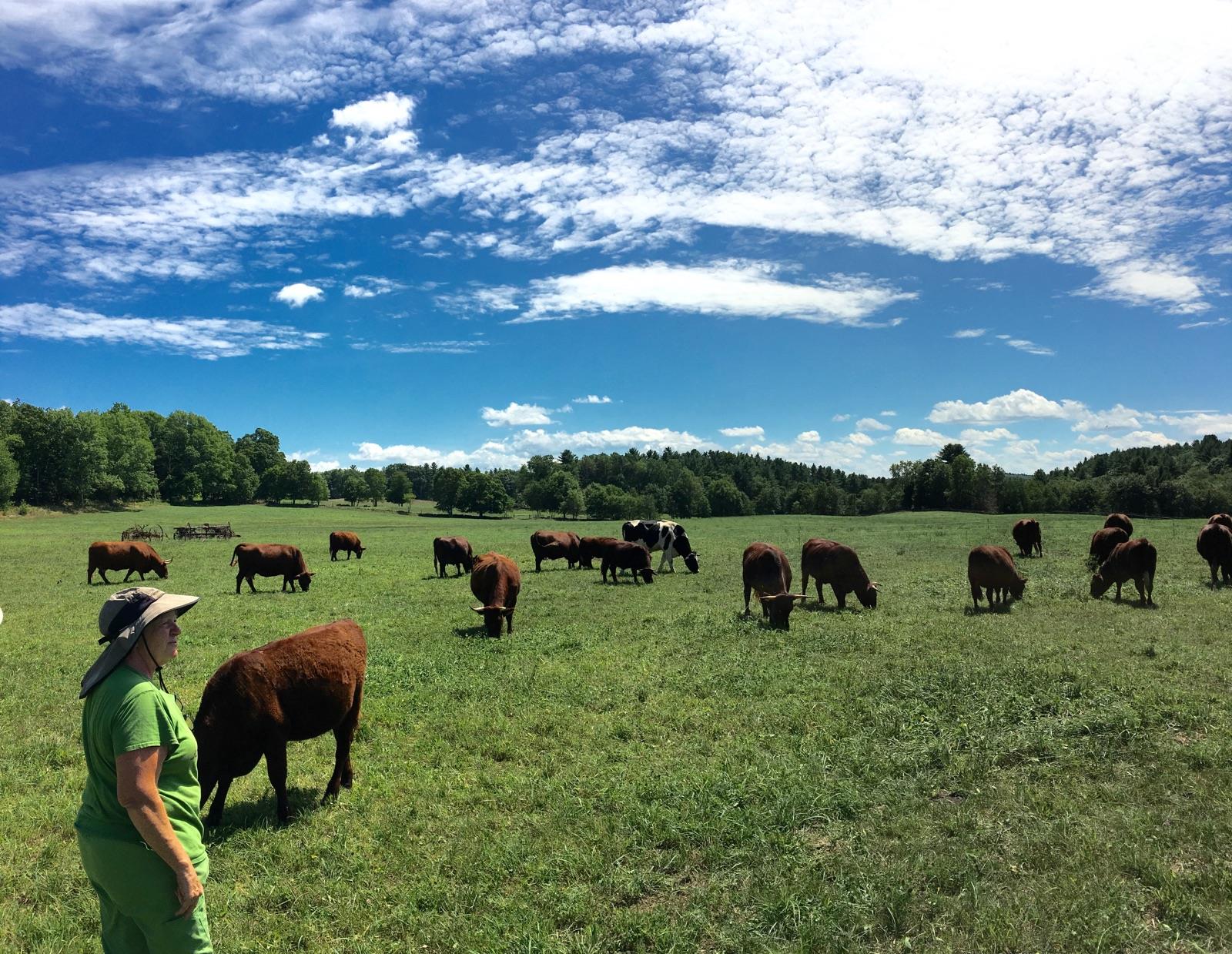 Photo Credit: Kill the Ball Media
Photo Credit: Kill the Ball Media 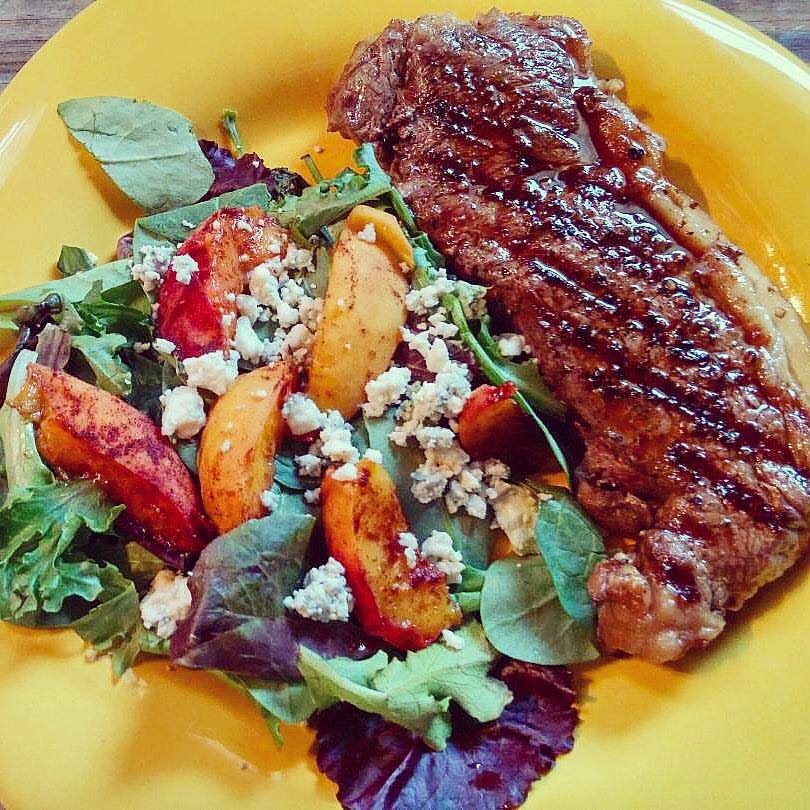
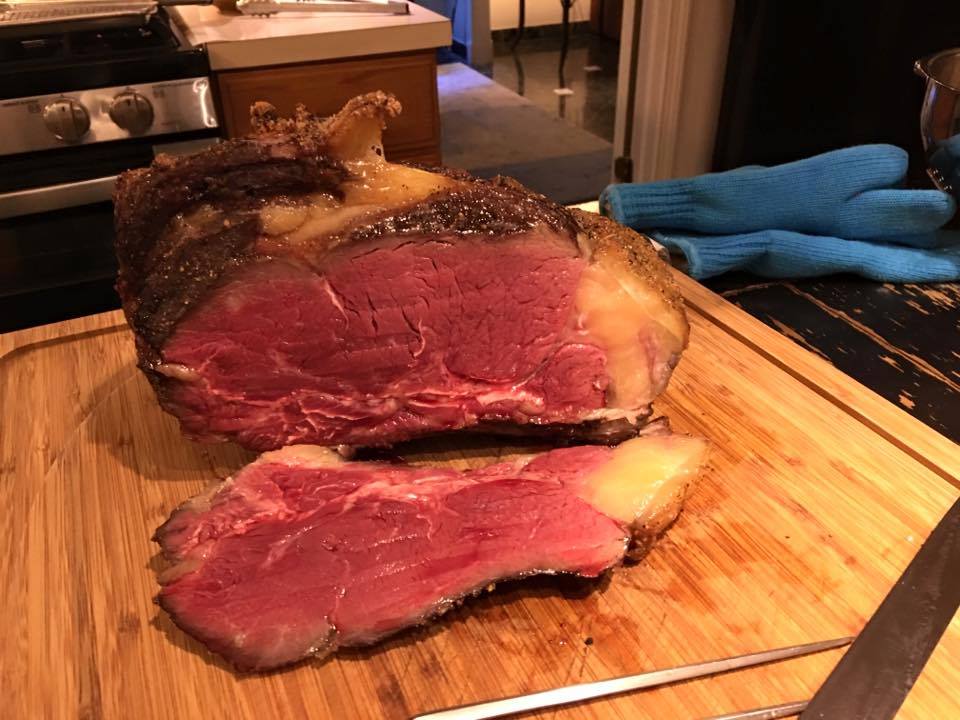
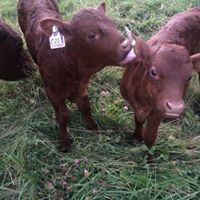
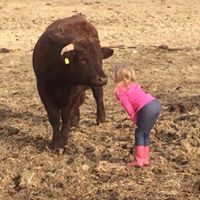
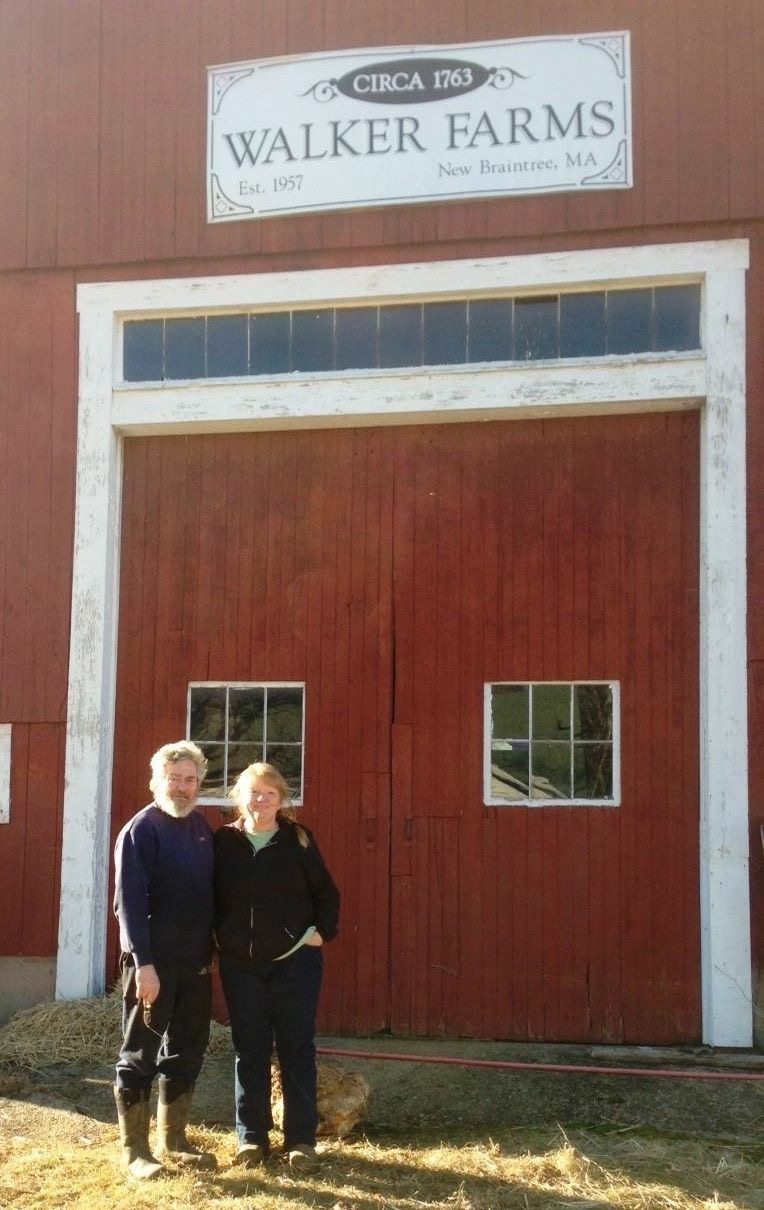
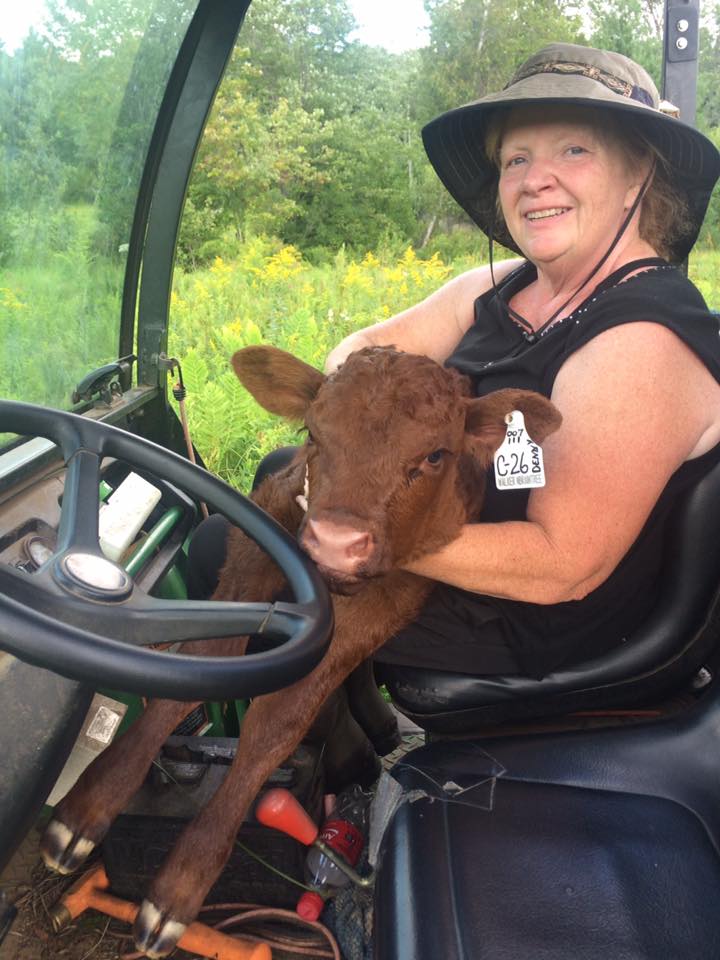
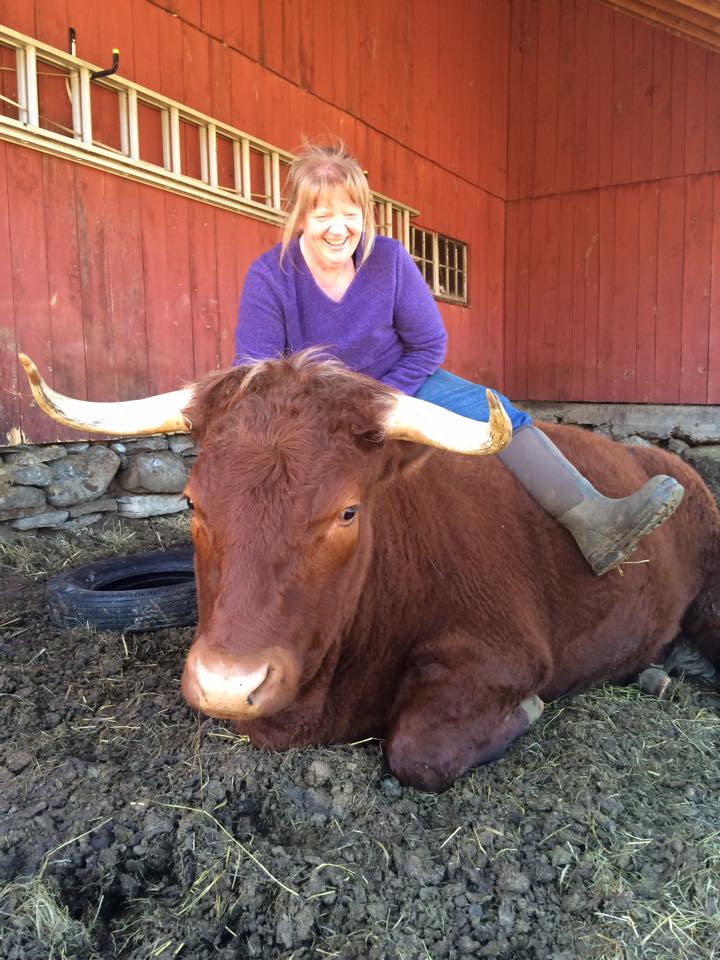
Getting in touch: BostonVoyager is built on recommendations from the community; it’s how we uncover hidden gems, so if you know someone who deserves recognition please let us know here










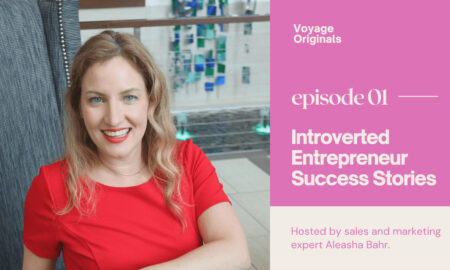


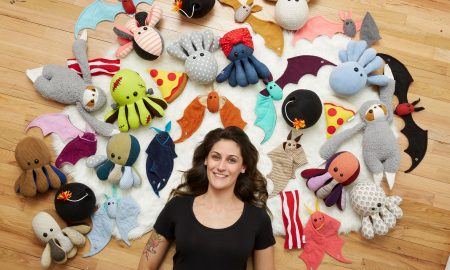


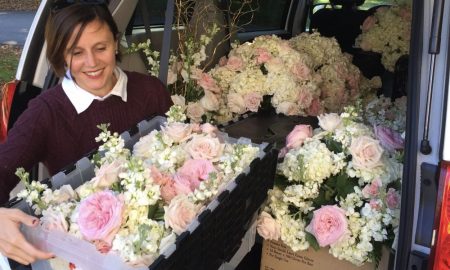
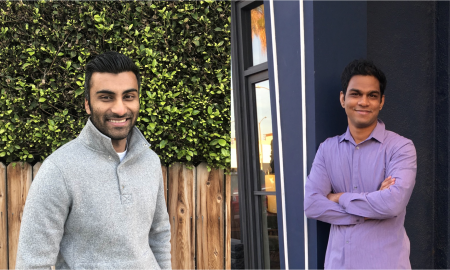
Richard
June 28, 2018 at 10:14 pm
Great article joannie!!!